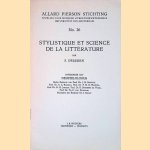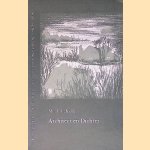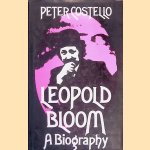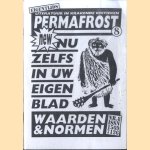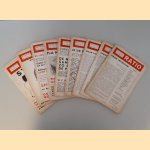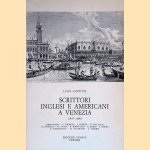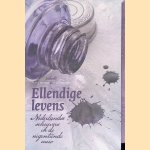
Onze boeken
W.B. Yeats and W.T. Horton: The Record of an Occult Friendship
Door George Mills Harper
Categorie | Secundair |
|---|---|
Boeknummer | #378315-UA7 |
Titel | W.B. Yeats and W.T. Horton: The Record of an Occult Friendship |
Auteur | Harper, George Mills |
Boektype | Gebonden hardcover met stofomslag |
Uitgeverij | Atlantic Highlands, NJ : Humanities Press International |
Jaar van uitgave | 1980 |
ISBN10 | 0391019074 |
ISBN13 | 9780391019072 |
Taal | Engels |
Beschrijving | Original black cloth, silver lettered spine, dust jacket, 1 illustration in b/w, 8vo. |
Samenvatting | By March 1896 Yeats knew Horton well enough to nominate him for membership of the Order of the Golden Dawn and to see him through the initiation. Although Horton soon left the Order, primarily because he considered it un-Christian, he remained Yeats's friend until his death in 1919. But the course of the friendship was not always smooth. Fumbling and uncertain, in art as well as life, Horton frequently sought Yeats's help and advice. In reaction to Yeats's often frank criticism of his work, Horton wrote several letters strongly censorious of Yeats's occult beliefs and experiments. Despite the bitterness of these attacks, Yeats was forbearing, always seeking to reassure Horton of his continuing friendship. After Yeats' marriage in 1917, he invited Horton to Oxford, and he encouraged Horton ... (Lees verder)to cultivate the friendship of Iseult Gonne. Although this study is primarily biographical, connecting Horton to other English artists and writers as well as Yeats, Professor Harper points out the significance of Horton to Yeats's writings. The most notable of these is A Vision, the System of which, according to an unpublished note-card written by Yeats, was developed directly from automatic writing by Lady Edith Lyttelton and a prophetic warning to Yeats from Horton. When Yeats summoned the ghosts of dear departed friends in "All Souls' Night," which became the epilogue to A Vision, Horton was the first he called. Disagreeing with Horton almost from the beginning of a long and affectionate, though sometimes strained relationship, Yeats was always tolerant, always sympathetic, frequently and surprisingly deferential. "Had he lived," Yeats wrote, "I would have asked him to accept the dedication of a book I could not expect him to approve." |
Pagina's | 160 |
Conditie | Goed |
Prijs | € 15,00 |
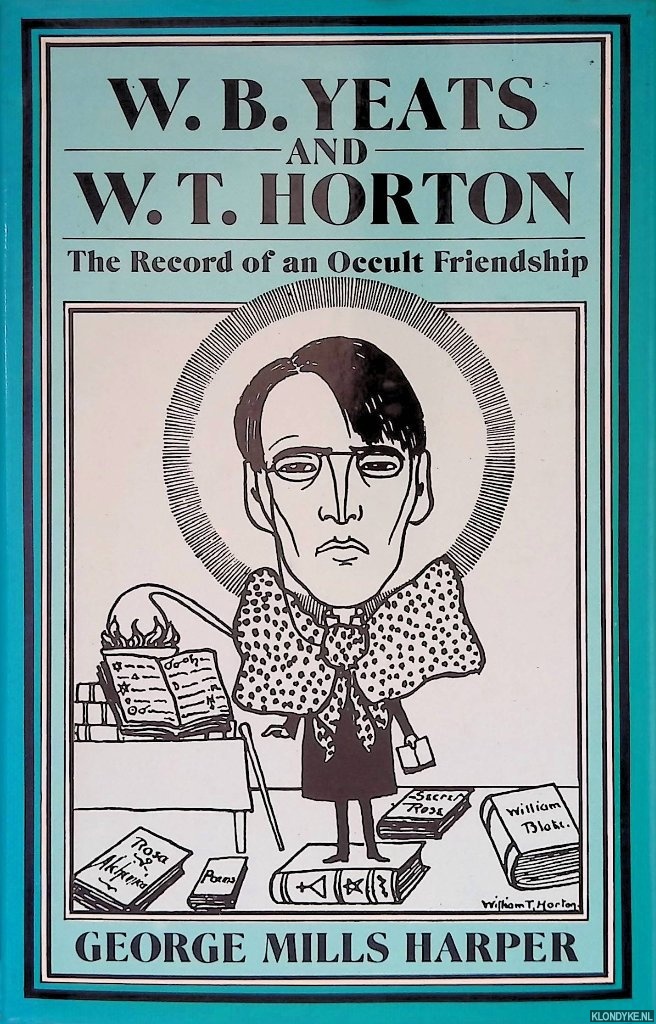
Onze gebruikte boeken verkeren in goede tweedehands staat, tenzij hierboven anders beschreven. Kleine onvolkomenheden zijn niet altijd vermeld.

